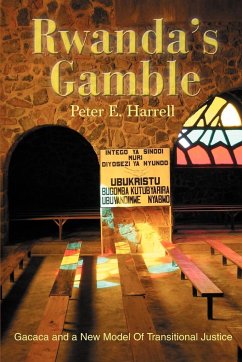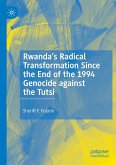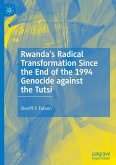Gacaca is an innovative form of justice that the Rwandan government will use to try the more than 100,000 participants in the 1994 genocide. Instead of putting suspects before the statutory-law courts that existed prior to 1994, the government is establishing 11,000 popularly-elected tribunals and charging them with the task of investigating and trying crimes that occurred within their territorial jurisdiction. Officials hope that this will help clear the backlog of cases while giving suspects (most of whom have spent nearly a decade in prison without a trial) a chance finally to have their cases heard. This book provides a detailed explanation of how the system will work, from the selection and training of the judges to the basics of courtroom procedure. It also places gacaca in the context of rapidly emerging restorative theories of justice, and argues for gacaca's appropriateness in the Rwandan context. Based on interviews, training manuals, documents never-before-published in the United States, and extensive travels throughout Rwanda, this book is an invaluable introductory guide to gacaca and explains why similar forms of justice should be experimented with elsewhere.
Hinweis: Dieser Artikel kann nur an eine deutsche Lieferadresse ausgeliefert werden.
Hinweis: Dieser Artikel kann nur an eine deutsche Lieferadresse ausgeliefert werden.








